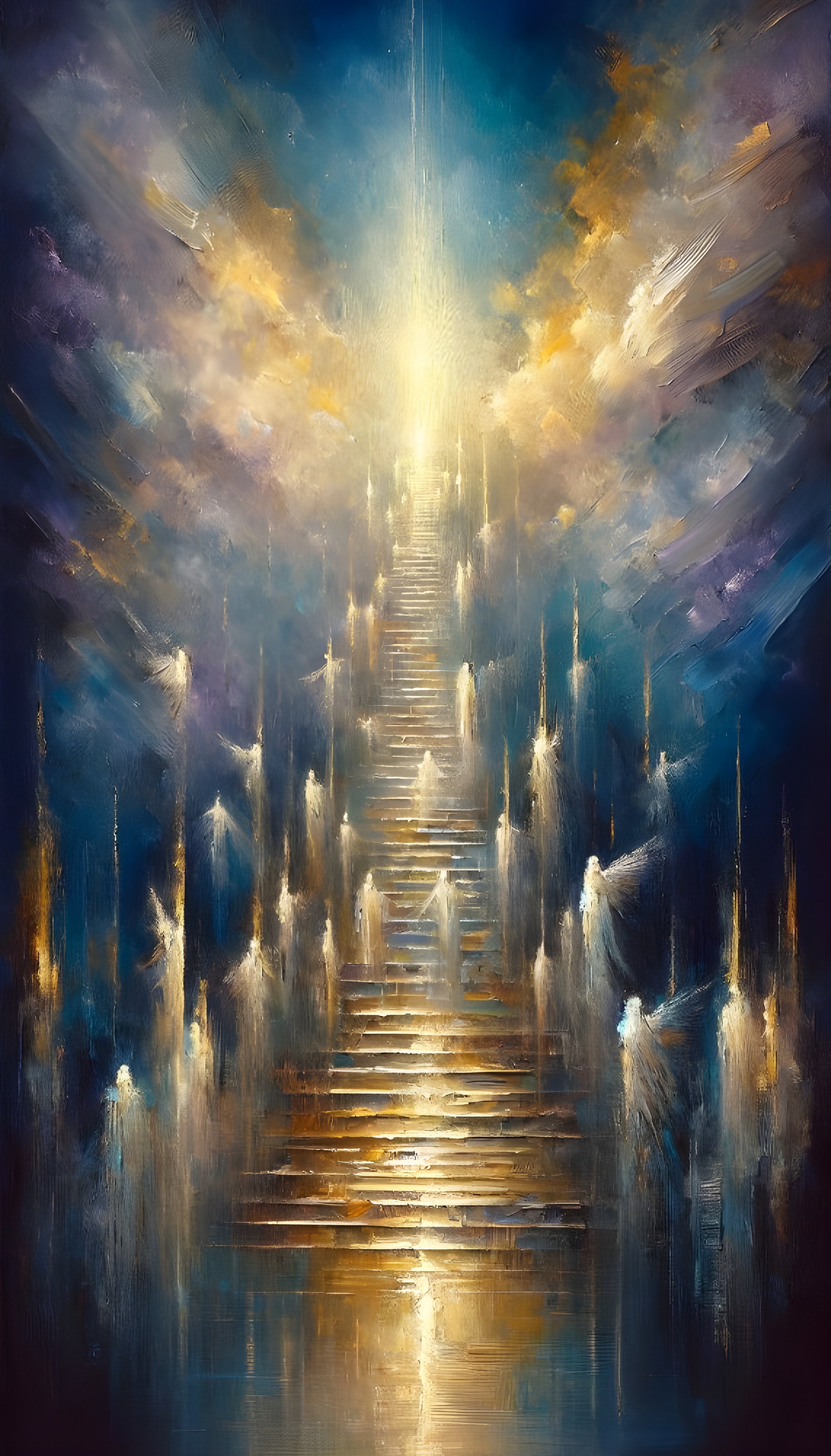Shabbat Shalom!
This week's Torah portion, Parashat Vayetze, has one of my favorite episodes in the Torah. Every time I study it, I discover new layers of meaning that resonate deeply with our personal journeys. The story centers around Jacob (Yaakov) as he leaves his parents' home, stepping into an unfamiliar world—a narrative that includes vulnerability, discovery, and profound transformation.
Leaving the Comfort Zone
Jacob's departure marks the beginning of his journey away from the comfort and security of his family. He is alone, venturing into the unknown, and it's in this vulnerable state that he encounters God for the first time. He has never spoken to God until now, which is pretty surprising (at least for me)!
This moment highlights a profound truth: sometimes, we must leave our safe spaces to truly experience the divine and discover our purpose.
The Dream at Luz
Arriving at a place called Luz, an unremarkable and ordinary location, Jacob decides to rest for the night. Note that לז in Hebrew has a connotation of being a stranger or unknown.
But by dreaming there, he is able to transform Luz. This unknown, dangerous place—where Jacob surrounds his head with stones to protect himself from animals and keep warm (the stones retain the sun's warmth during the day and release it at night)—is given a new name: Bet El, the House of God! That's probably one of the most comforting and familiar names possible!
How did Jacob transform Luz into Bet El? By being willing to dream, to have a vision. Difficult times are fertile ground for creation and transformation. On that difficult, lonely night, Jacob creates a vision that would guide him for many years to come. This very vision is what gives Jacob the strength to leave Laban's house when needed (Genesis 31:13).
A Vision for the Future
In his dream, Jacob connects with God—his connection seen through a ladder with angels going up and down. At the top, God gives Jacob the vision: promising that although he is leaving the Land of Israel (Eretz Yisrael), he will return. God assures him that his descendants will be numerous and that through them, all the families of the earth will be blessed. This divine message provides Jacob with hope and a future filled with purpose.
The angels represent the ways God acts in this world—agents, each one with a purpose. If we're well-tuned and able to see God's actions even in dark, lonely nights, we'll be able to connect to Him and transform our reality.
From Vision to Action
Jacob awakens in the middle of the night and realizes the significance of his experience. He exclaims, "Surely the Lord is in this place, and I did not know it!" What an amazing realization.
Very importantly, Jacob doesn't let the dream remain just a dream. The next morning, he takes immediate action by setting up the stone that was protecting his head as a pillar and making a vow (neder) to God. He commits to turning his vision into reality, demonstrating the importance of acting upon our inspirations. When we receive a profound insight or idea, it's crucial to take steps to manifest it, ensuring that the spark doesn't fade away.
And indeed, many years down the road, Yaakov returns to this very place and builds an altar. This time, he arrives with a full family and a great deal of possessions.
Points to Take with Us
- Embrace Vulnerability: Stepping out of our comfort zones can lead to profound personal and spiritual growth.
- Recognize Divine Presence: Be open to seeing God and finding opportunities in unexpected places and moments.
- Act on Inspiration: When moved by a vision or idea, take immediate steps to start bringing it to fruition.
Shabbat Shalom!



לַחֲלוֹק:
Parashat Vayishlach: Confronting Fears